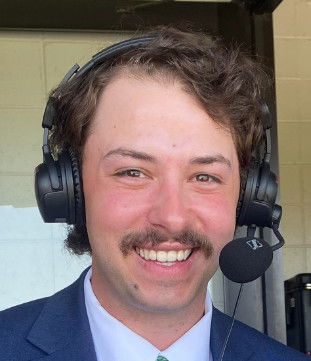
Cubs News: Luxury tax impact of COVID-19 |
Each baseball team is only allowed a certain amount of money to spend based on the budget set by each team's front office, as well as the revenue returns each team can gain during the season. There is also a maximum amount that each team can spend set by the MLB, and if any team spends more, they are subject to the penalties for violating what is called the luxury tax or the Competitive Balance Tax.
The point of this tax is to make the league's economic situation fair. Teams like the Yankees, Red Sox, Cubs, and Dodgers are consistently near the tops in the league in payroll, and that is mostly because those teams have some of the highest revenues in the game, thus giving them more resources to spend. This tax essentially attempts to prevent the Yankees from spending $300 million per year just because they can and also attempted to reward teams who do not generate much revenue, such as the Pittsburgh Pirates or the Kansas City Royals, if a violation does occur. These violations lead to what could be some detrimental penalties. These penalties consist of hefty fines, increasing with each violation. For example, the Cubs were fined $7.9 million for their violation of the Luxury Tax in 2019, their second consecutive such violation. Another punishment includes loss of draft picks as well as mandatory revenue sharing by the offending team with some of the lower revenue-earning teams in the league. Those penalties also have considerable increases for repeat offenders, with the maximum penalties occurring after the third consecutive violation and any successive violation that ensues after that. The Cubs, as many of you know, have been over the luxury tax for two straight seasons and are looking to potentially reset by dipping below the near $208 million allowed by the MLB. The Cubs are currently estimated to be around $219 million on their payroll. After missing the postseason in 2019 and being unable to spend to improve for 2020 — the Cubs were potentially looking to shed some salary via trade. With almost every player on the roster rumored at one point or another during the offseason to be on the trade block, the Cubs were not able to trade anybody or shed any salary and return mostly the same aging, experienced and expensive roster for 2020. The Cubs planned to look toward the trade deadline to retool on the fly, stock up for the potential postseason as well as reset their luxury tax before the 2020 offseason. However, the Covid-19 pandemic throws a wrench in those plans — as it does for pretty much any plan around the world. Will there be a season played for there to be a trade deadline? That's the main question — but in a shortened season, maybe the Cubs can get off to a hot start and will need to add at the deadline instead. So many question marks remain. There is also one other fascinating aspect to this luxury tax equation, and that is the fact that the MLBPA and the MLB have agreed to pay the players fifty percent of their regular salaries for the 2020 season. In the group's latest negotiations, the MLB is trying to restrict those salaries even further. So if the luxury tax limit is $208 million and the Cubs are technically only paying about $110 million, can they be penalized? Can their luxury tax penalties reset? In a breakdown of the agreement reached by the MLB and the MLBPA, it is written by Jeff Passan that the luxury tax penalties will be distributed "base[d] it on what full-season salaries were supposed to be, not prorated salary payment." That means even if they only play 81 games, the Cubs could still be subject to luxury tax penalties. The MLB announced in late March that if the season is not played at all, luxury tax penalties will not reset for the Cubs or the Yankees or Red Sox (the three teams who violated the luxury tax limits in 2019). The Cubs have dedicated a lot to try and reset these penalties and get their budget back into a place where they can spend. Shaving about $10 million off of the payroll before the salaries of Jon Lester, Jose Quintana, Tyler Chatwood, and Daniel Descalso, among others, come off the books following this season. The question is, will they even get the chance to do so?





